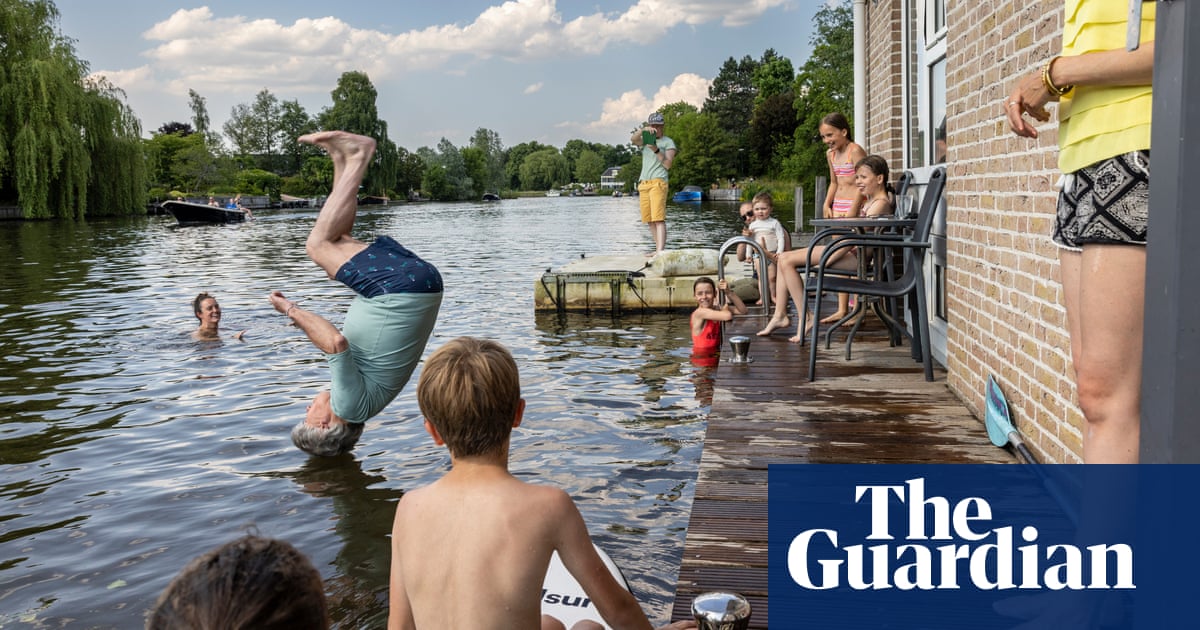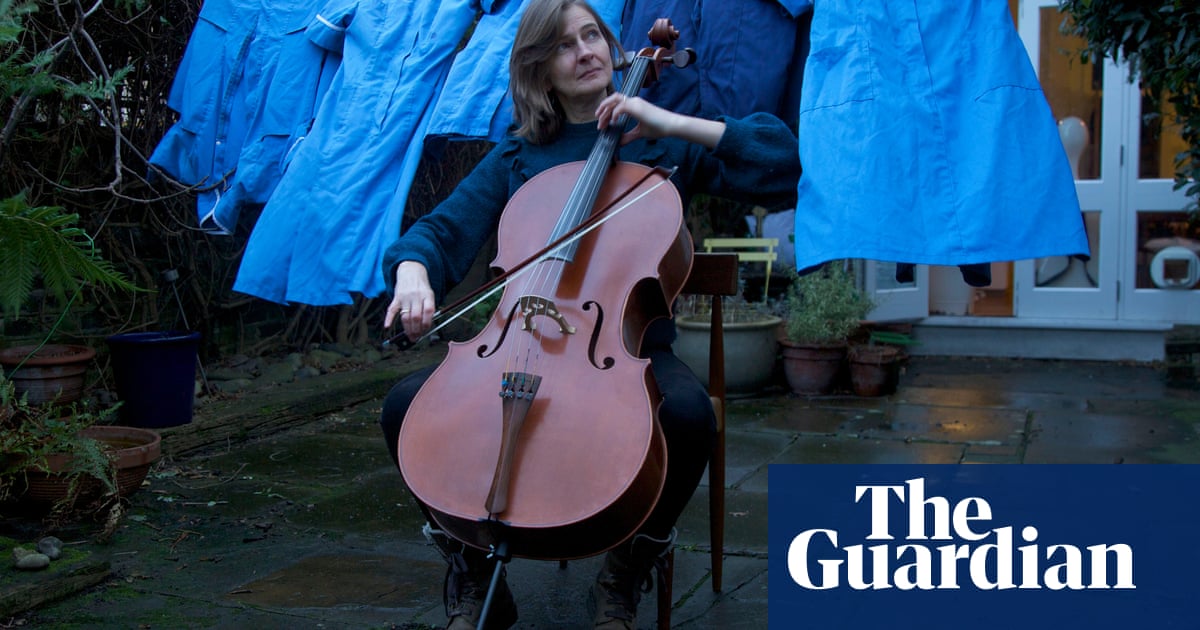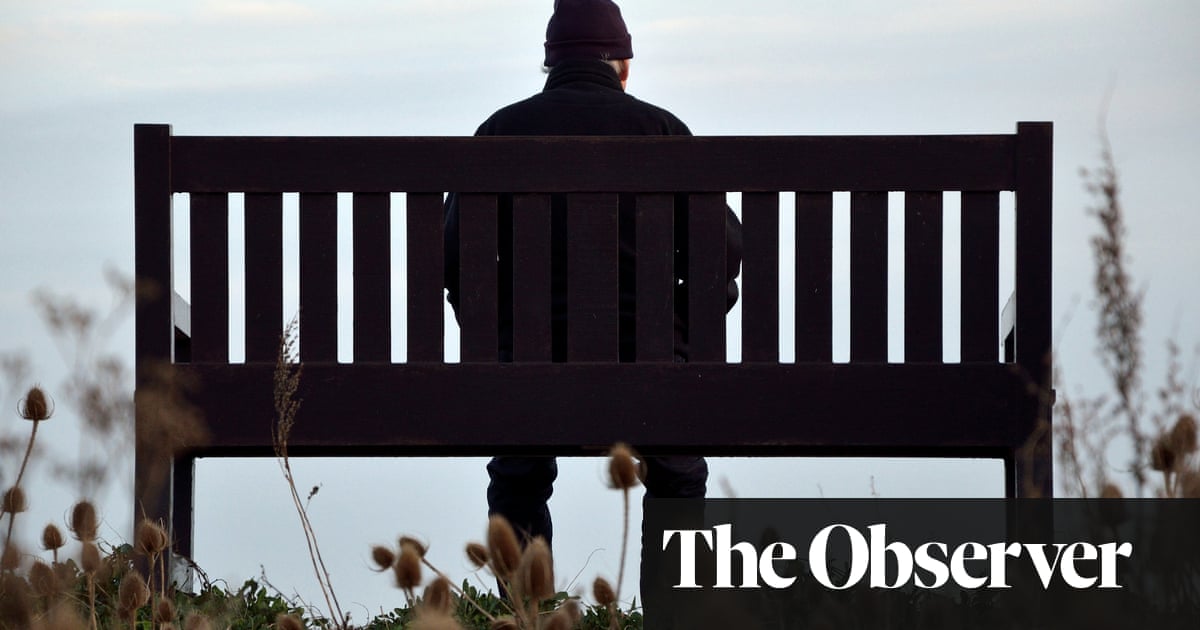
The world’s population is about to become older than it has ever been: by the year 2030, one in six people will be over the age of 60. People, societies and governments will need to confront one of the most fundamental population shifts in human history.
In the seven years leading up to 2030, the lives of people over 60 will be illustrated via a multi-year, visual storytelling archive. Ed Kashi, Ilvy Njiokiktjien, and Sara Terry, photographers for VII agency, and specialists in long-term projects documenting socio-political issues, launched this initiative to put a human face on the beauty and challenges of an ageing population.
The project will feature at least two storytelling chapters a year, and is a collaborative project with photographers working in their own communities around the world. In creating this framework, Kashi, Njiokiktjien and Terry wanted to emphasise diversity, local representation, cost effectiveness and mindfulness about the impact of travel on the Earth’s climate.
The global median life expectancy rate has hovered around the age of 72 in recent years. The first chapter features more than 20 photo essays documenting the daily lives of 72-year-olds around the world.
Rosemary, 72, is one of the nearly 40,000 residents of Sun City, an age-restricted “55 and older” community. She is also the social chair and the vice-president of the Sun City Poms, a cheerleading squad in her retirement town.
The dance and marching teams practice 12 hours a week for the shows and parades they put on for the surrounding community. The community is still much the same as it was when developer Del Webb opened Sun City in the 1960s, the first place of its kind.
“When I was 20, 30, I thought 60 and 70 was old. Seriously old. I guess when I was that age I would see people 60, 70, and they seemed old to me; it was like they stopped living and stopped having fun and I thought that was sad. Compare that to now and I don’t see 70 as old. I don’t see 80 as old,” she says.
Makanga was born on 22 February 1951 in Masaka. He recently quit alcohol with the hopes of living longer and seeing life unfold before him. A constant companion in his life is his trusty radio, a solace during moments of solitude. He relishes sitting by the window and tuning in to political talkshows while observing passersby.
“I just made 72. The wheels of time have changed most things. The one thing time has not touched is my capacity for life and living. At 72, I still feel alive in every sinew and bone within me. I have been active all my life, which should explain why I still feel solid and firm. For the more significant part of my life, I thrived in the chaos of urban life. I am transitioning and starting to adjust to the quiet of rural life. To cope, I have occasionally been heading down to the local bar, where most of my old folks catch up in the evenings, but I don’t move around much. The neighbourhood here is quiet and calm and peaceful. The unmatched calmness is addictive.
“I look forward to living a bit longer to see life unfold. I recently took the bold decision to quit alcohol. I hope to avoid the bottle for the rest of my days. I hope I can find the fortitude to resist. I hope. My biggest worry is how distant and further my siblings are getting. Growing up, my siblings and I were close and always visited each other. Our children bonded on such visits. My only truest hope is that our children get to grow more familiar and fonder of each other than we have been.”
On a houseboat in the Netherlands, we meet Einar (Ilvy’s father), who performs a backflip off his deck to the delight of his children and grandchildren.
“Living on a houseboat has defined my life since 1974,” says Einar Njiokiktjien, about the life he has lived with his wife, Anneke. Their journey started modestly, with a tiny boat barely big enough for two. But it was the beginning of a life shared together, on the water, with their four children. “We went on to live in a third boat, which we built ourselves, it was much bigger and a labour of love; a collaborative effort with friends to accommodate our growing family.”
Then, the darkest chapter: “Shortly after my retirement, tragedy struck. Anneke was diagnosed with cancer. Within six weeks after the diagnosis, she passed away. Her battle with metastatic cancer was both heartbreaking and unfair.” During the first year after her passing, the situation was difficult. “With the support of my children and the guidance of a psychologist, I managed to navigate this period.” Einar says he hardly ever cries, but that year he did. Usually by himself, at home on the houseboat.
Running a bed and breakfast from home became a lifeline at that time. “Caring for guests brought me solace and fulfilment. I also opened my doors to three Ukrainian refugees; a grandmother, her daughter and her granddaughter. Witnessing their resilience left a lasting impact on me. It was heartwarming to have them around. They went back to Kyiv now, which worries me.”
In the wake of Anneke’s passing, Einar resolved to carry on. “I aspire to reach the age of 90, just like my own father,” he says with determination. “The life we have lived on the houseboat has been a remarkable journey filled with family, joy and, inevitably, grief,” he says, capturing a lifetime in just a few words.
At 72, some of the subjects face serious health challenges – like Nancy, who is living big despite a diagnosis of stage four metastatic breast cancer. A retired fraud investigator for the Los Angeles public schools, and a former manager of the west coast office of the famous Pinkerton National Detective Agency, she beat breast cancer once, only to face it again in 2022 – this time with a grimmer diagnosis of two years to live.
She has applied that thinking to everything she does, from spending time with her family (eight stepchildren, 27 stepgrandchildren and 53 stepgreat-grandchildren and one stepgreat-great-grandchild), to singing and performing with three different groups, to regular get-togethers with friends, to weekly meetings with her cancer support group, to a recent Mediterranean cruise with three of her closest friends. They call themselves the Three Widows and a Wife club.
In spite of a few minor health issues, I still feel hopeful and capable of doing more as a 72-year-old lady. I am a craftswoman with no retirement; I have to keep working till the last possible moment of my life to make a living
Afqir
Afqir Itto, a 72-year-old inhabitant of the Moroccan Middle Atlas’ Ait Hamza valley, was introduced to carpet manufacturing at the age of nine and has been a craftswoman ever since. She is now regarded as one of the most experienced, training women and leading a cooperative that was formed in 2013 to develop work for women in the area. Itto travels around the country, representing her project, craftsmanship and community. In addition to her commitment to the community and improving job prospects, she provides childcare to her two-year-old granddaughter.
“I am now giving up one room, which is about half of my home, in order to create a place where only the women can weave. My dream is that this will be a success, but of course I also worry that it won’t. I hope the products we sell will eventually be recognised on a global scale and they will be generating autonomous sources of income so that we can buy a property of our own.”
Nikos is 72-year-old man living on the Greek island of Andros, the northernmost island of the Cyclades Islands. Leaving school at 17, he was among about 70 children who left to work in the shipping industry, travelling worldwide on ships for 10 years, and another 15 years as a supervisor on yachts and cruise ships.
“I was usually away for the first few years, but later, I was closer to my home and my family. I met genuine people and those driven by money because the shipping industry has everything. At the age of 27, I started my family in Athens, and since 2005, I’ve been living in Andros. I have three grandchildren and always spend time with them on the estate. Each of them takes care of their animals with names they’ve given to the goats.
I have plenty of time to engage in things I love and enjoy, like my animals and my field with seasonal vegetables. I feel happy about it. Every day, I plan my schedule based on the needs of my field and my communication with my friends in Andros
Nikos
Every Wednesday, we gather with friends of my generation to share everyday stories over a glass of wine. I remember in the old days, during a celebration, the men would sit separately to eat and tell their stories while the women were separate, eating a spoon sweet. Women had the reins in the family as administrators, and the men would send money. My father made wine and raki, and that’s how we learned, passing it on to the next generation. Taking care of the vineyard has always been my priority when I retired, and I feel very happy about it.”
John, 72, is a sailor at heart. Now retired, he spends all the time he can out on the water, enjoying the cool ocean breezes. His girlfriend, Oksana, 49, who grew up in Ukraine and is of Russian heritage, often joins him.
When not on his sailboat he’s thinking about sailing. Or preparing for his next trip.
As his son, Mike, said: “I expect to hear he died on his boat one day.” Mike says that with a smile, knowing that that’s where his dad is happiest.
John is a long-divorced father of three grown kids, a devout Catholic, a member of the Knights of Columbus and a former process research engineer. He is also a leukemia survivor.
Having worked for companies like DuPont, WP Stuttgart and Upjohn, John has done his share of hard work, travel and making a decent income.
He now lives in Sayreville, New Jersey, in the US, in an “over 55s” apartment building. His life is modest but rich, as he navigates the transition into older age. While he deals with back pain and other ailments that come with age, he is exemplary for his positive outlook on life and devotion to giving back to his community.
Beatriz is a vivacious 72-year-old woman who lives in São Paulo, Brazil. At the heart of Beatriz’s mission is empathy. After founding an NGO to provide support for adoptive families, where she worked for over 20 years, her passion for understanding the human psyche led her to a new path.
Now immersed in psychoanalysis, Beatriz offers sessions for families, couples and adults. Alongside her professional pursuits, she nurtures a love for travel and connecting with new people. Residing in a beautiful house in São Paulo, Beatriz cherishes her life as a wife, mother and most recently as a grandmother. She lightens up when family and friends are around, especially her young granddaughters.
On the complicated nature of ageing, Beatriz says: “You no longer owe satisfaction to anyone, it’s a great feeling of freedom. I really enjoy my life. I think I did everything I wanted, based on my intuition. There is the sadness that life is ending, but also a deep desire to live every moment. There are things I can’t do any more, but I don’t waste time thinking I’m going to die tomorrow. It took me a long time to understand how old I was. I feel so young, so full of life, not like 72 years old at all. I want to live much longer.”
Chen was a history teacher at the Taipei First Girls high school for 30 years before retiring at 55 in the Taiwanese calendar year 95 (or 2006), which begins with the founding of the Republic of China in 1911. As Taiwan’s premier high school, her students have gone on to successful careers around the world. Now 72, she is a picture of grace and resilience – soft-spoken and strong, warm-hearted and reserved, humble and accomplished – with a tenderness that belies her age.
These days, her life revolves around family and friends. After losing her husband unexpectedly to a heart attack in 96 (2007), she moved into her current apartment in a residential district in northern Taipei with her son and daughter-in-law. The decision to live with some of her extended family was not difficult.
In 2013, her only grandchild was born with kabuki syndrome, a relatively rare hereditary condition associated with different features. The experience was overwhelming for his parents, in particular, who struggled with the demands of caring for a special needs child at a time when coping resources and support mechanisms within Taiwan were especially scarce. To help her family manage, Chen went shopping at the outdoor produce market every weekend and prepared home-cooked meals daily, which she continues to do today.












